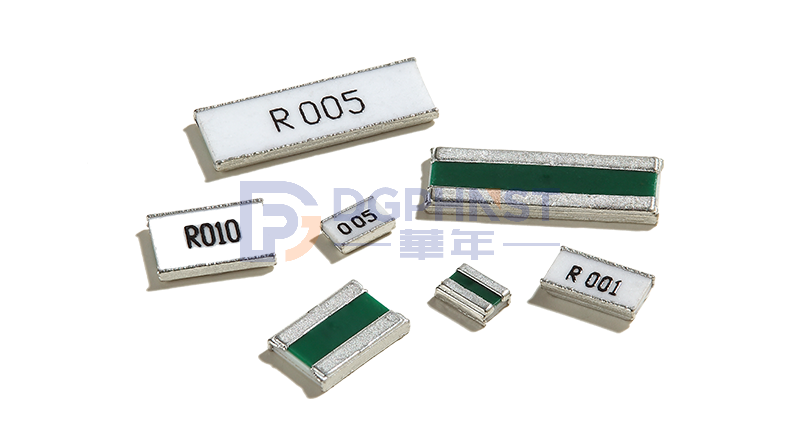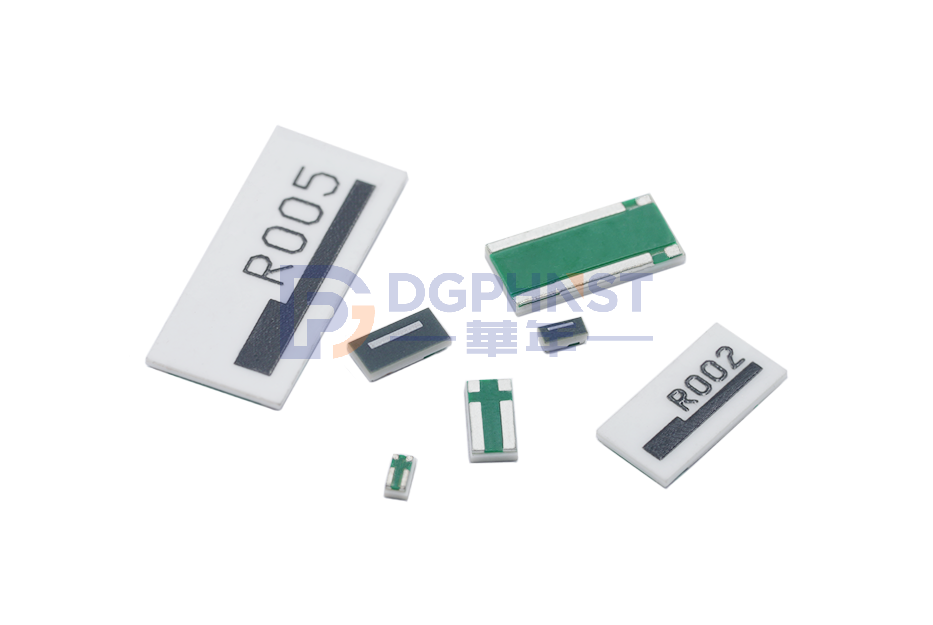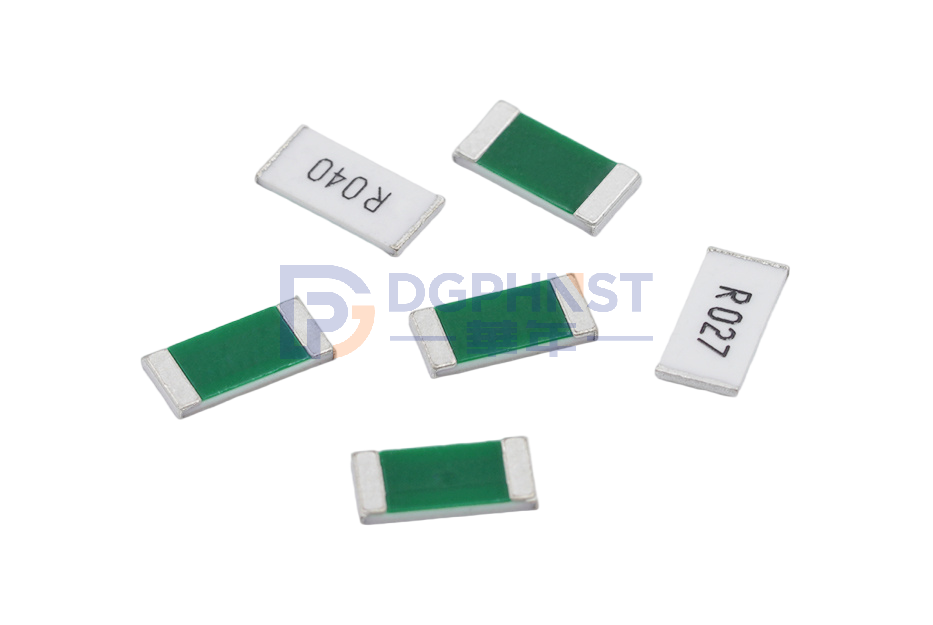Current sensing hnstshop.com/" target="_blank" rel="noopener">resistor, also known as current resistor, is a component that can measure the magnitude of current in a circuit. Its working principle is to measure the current in a circuit by the relationship between its own resistance value and current. Current detection resistors play a very important role in circuits, mainly including the following points:
1. Current measurement: The current detection resistor can measure the current level in a circuit in real-time, providing engineers with real-time current data to help them understand the working status of the circuit.
2. Protection circuit: The current detection resistor can be used as a part of the protection circuit. When the current in the circuit exceeds the preset threshold, the current detection resistor will generate a signal, triggering the protection circuit, such as fuses, circuit breakers, etc., to protect the circuit from overload or short circuit damage.
3. Fault diagnosis: Current detection resistor can help engineers diagnose faults in circuits, such as short circuits, open circuits, etc. By analyzing the output signal of current detection resistor, it can quickly locate the fault location and improve the efficiency of fault diagnosis.
The characteristics of current detection resistance mainly include the following points:
1. Accuracy: The accuracy of current detection resistance mainly depends on its own resistance value and the accuracy of the measurement circuit. Generally, the accuracy of current detection resistance can reach 1% or even higher.
2. Temperature coefficient: The temperature coefficient of the current sensing resistor determines its resistance changes at different temperatures. For some circuits that need to work in high-temperature environments, it is necessary to choose a current sensing resistor with good temperature coefficient.
3. Rated power: The rated power of the current sensing resistor determines the maximum power it can withstand. Generally, the rated power of the current sensing resistor needs to be greater than the maximum current in the circuit to ensure safe operation of the circuit.
When selecting a current detection resistor, the following points need to be noted:
1. Select appropriate accuracy and temperature coefficient according to the circuit requirements to meet the performance requirements of the circuit.
2. Select the appropriate rated power according to the working environment of the circuit to ensure the safe operation of the circuit.
3. Choose a current detection resistor with good heat dissipation performance to ensure the stability and reliability of the resistor.
4. Choose a current sensing resistor with a good packaging form to adapt to different circuit installation needs.
5. Choose the appropriate type of current detection resistor based on the actual application scenario, such as a shunt, constant current source, etc.





